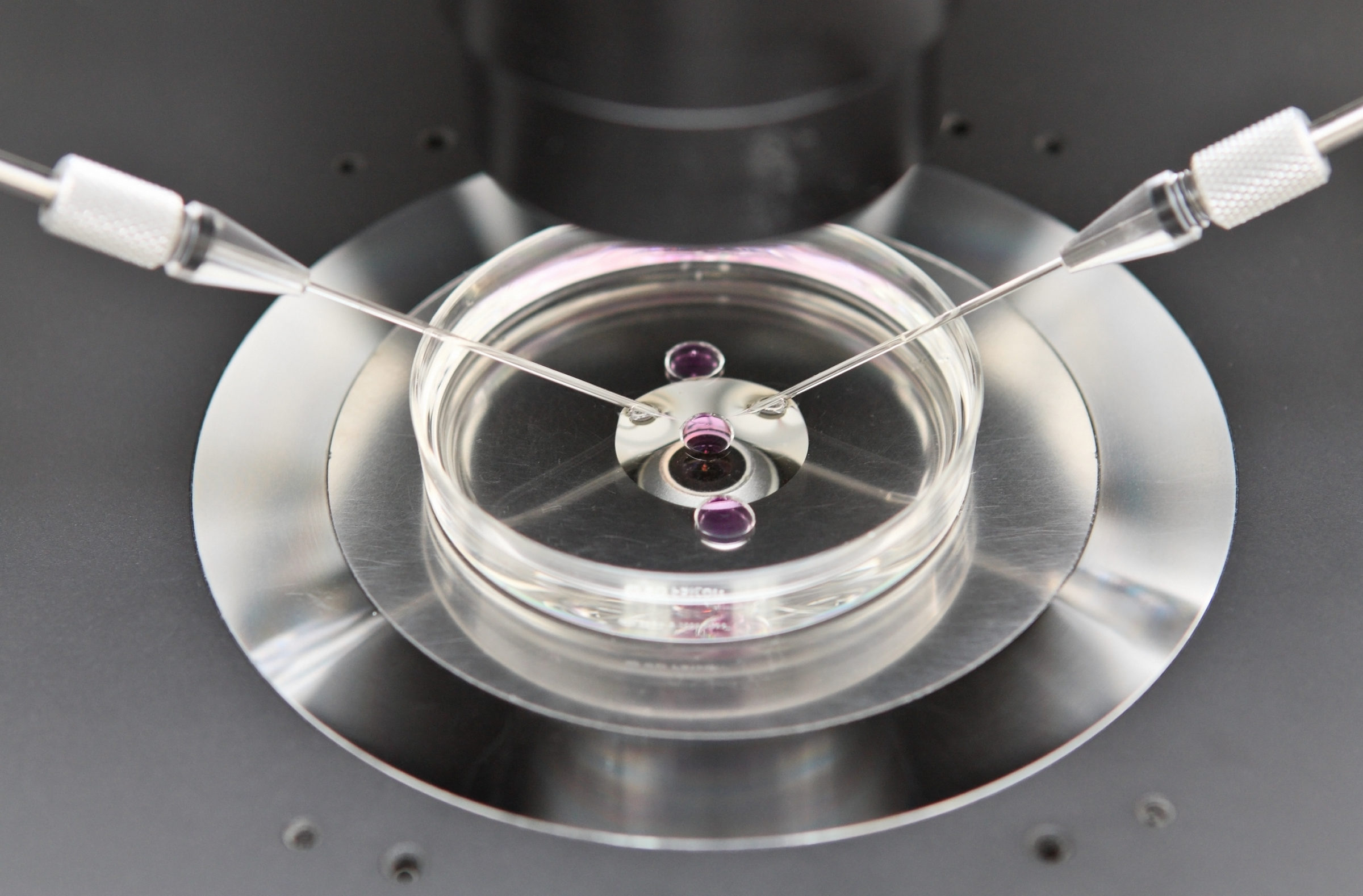Scientists Kill Embryo Research Time Restrictions
Originally published at National Review- Categories
- Stem Cell Research
It was all such a con. During the Great Embryonic Stem Cell Debate, “the scientists” promised to restrict embryo-destructive research to 14 days. They said that was because the neural system begins to form after 14 days.
I said that was bunk, that the 14 day restriction was accepted only because researchers couldn’t maintain embryos in a dish for longer than that. And, I predicted, once they could maintain embryos beyond 14 days, the “rule” would be cast aside like a snake sheds its skin.
I was right. Now embryos can be maintained for longer than 14 days, and so the International Society for Stem Cell Research (ISSCR) just killed the restriction and recommended against setting any time limits. From the Nature article:
Rather than replace or extend the limit, the ISSCR now suggests that studies proposing to grow human embryos beyond the two-week mark be considered on a case-by-case basis, and be subjected to several phases of review to determine at what point the experiments must be stopped.
Ri-i-i-ight. Scientists will review each other’s projects. That will lead to significant ethical boundaries! Good grief.
By the way, this shift opens the door to conducting experiments on living fetuses once artificial wombs are perfected. After all, there is always some scientific or medical justification for such experiments that can be conjured by scientists wanting grant money.
Allowing embryos to grow past 14 days, researchers say, could produce a better understanding of human development, and enable scientists to learn why some pregnancies fail, for instance. The revised ISSCR guidelines are a prompt to begin conversations about when it would be valuable to grow embryos beyond 14 days, says Alta Charo, a bioethicist at the University of Wisconsin Law School in Madison, who was part of the ISSCR steering committee. “We didn’t debate it before — now it’s time to debate.”
That will be a debate among the like-minded, in other words, not a real debate at all.
That’s most unfortunate. The questions presented cut to the heart of societal morality: Does human life have intrinsic value? Are there any limits to what can be done morally to unborn life? Does any perceived utilitarian benefit to the born justify treating the unborn as so much yeast being tested in a lab?
That’s not a matter of “following the science” but setting appropriate ethical boundaries on science. Both are required to maintain a moral society that also promotes progress, because, as history shows, naked science unbound from ethics can become monstrous.
By the way, those moral questions have already been answered in Vermont, which recently enacted a statute explicitly stripping unborn life from any human rights, stating: “A fertilized egg, embryo, or fetus shall not have independent rights under Vermont law.”
That is distinct from granting the right to an abortion until birth — which the law also does — because nixing independent rights for the unborn does not require the presence of a woman not wanting to gestate. Expect more of such fetal-farming enabling laws once the artificial womb’s arrival is imminent.
This is very disturbing stuff. But at least the con is over.
